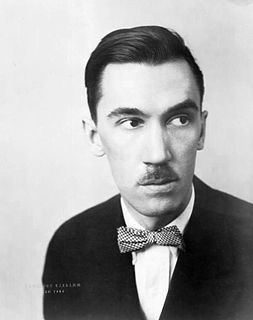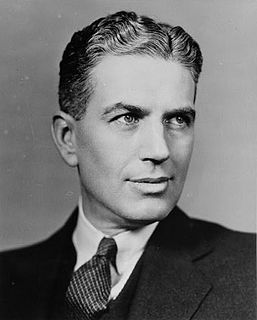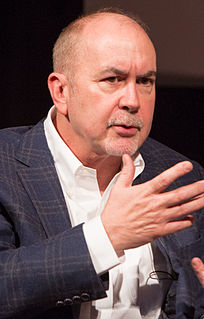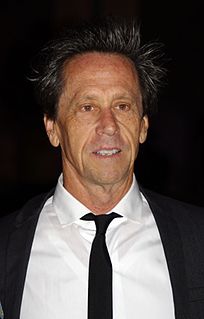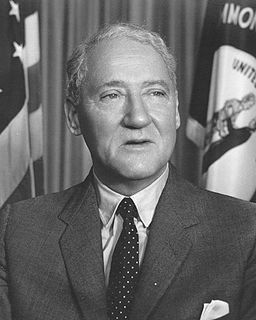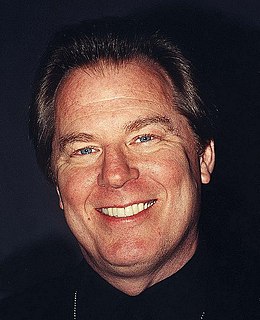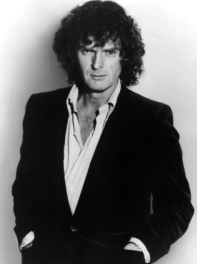A Quote by Nat Hentoff
I had not been very kind to J. Edgar Hoover. And the field agent had written on - it was sent directly to Hoover - that - the director should see this - `And, besides, Hentoff is a lousy writer.' And I thought that went a bit far.
Related Quotes
I just kind of had my own impressions growing up with Hoover as a heroic figure in the 40s - actually the 30s, 40s, and 50s and beyond - but this was all prior to the information age so we didn't know about Hoover except what was usually in the papers, and this was fun, because this was a chance to go into it [ during filming 'J. Edgar Hoover' ]
By every measure, John Kennedy's sex life was compulsive and reckless. At one level, it had clear public consequences. Knowledge of Kennedy's behavior gave FBI Director J. Edgar Hoover absolute job security, as well as the potential power to derail Kennedy's re-election had he survived assassination.
We're interested in complex characters and he's a complex character, [J. Edgar] Hoover. I like these types of dramas. I've made a few of them and I'm also interested in power structures so it just has elements that fascinate me, and the more you learn about Hoover, the more polarizing you realize he is.
I was working with Bryan Cranston in 'All the Way.' We were about to make an entrance together - I was Hoover, he was LBJ - and he says to me, 'You should play the brother in 'Better Call Saul.' I was like 'What?' and it was time to go on. I'm doing the scene, and I can't think of what Hoover's supposed to say.



